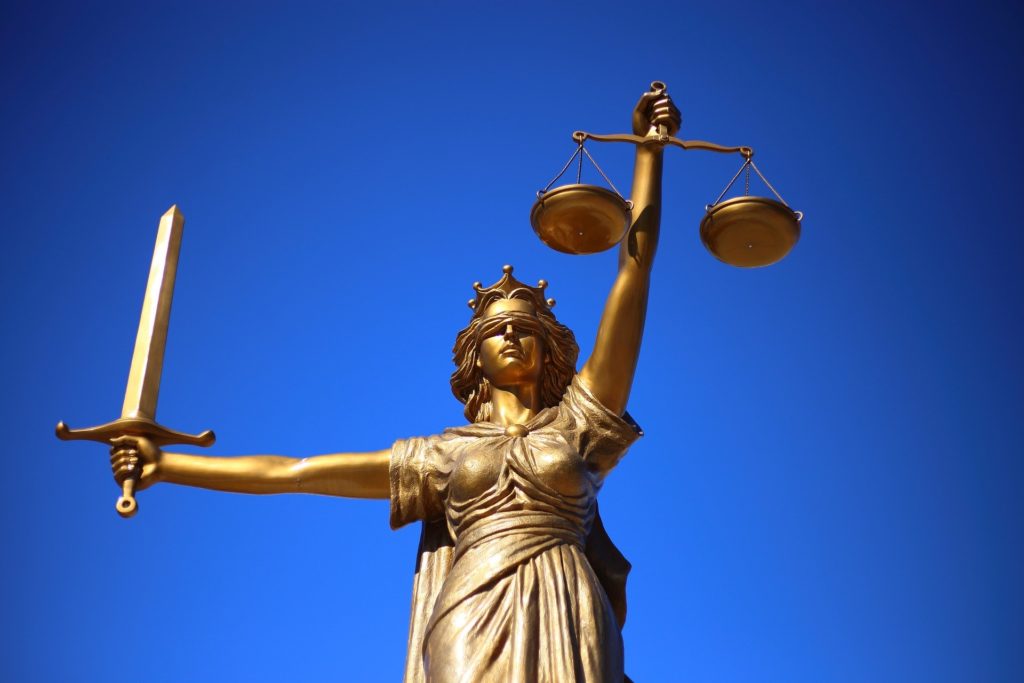These have been stressful, unusual times. There are no easy answers as to how we protect one another from the medical risks of COVID-19, while also enabling people to support themselves and their families.
Opinions vary and emotions run deep. As state and local governments begin to relax the restrictions that have been put in place, as the bars and beaches reopen and we regain a sense of freedom, it would be wise to remember the counsel of novelist Aleksandr Solzhenitsyn — temperance.

Solzhenitsyn was in a unique position to talk about freedom. The former Soviet soldier was sentenced to eight years of hard labor in the gulag after letters surfaced in which he criticized Stalin. After his release into internal exile and eventual deportation to the West, he then lived among a people born into their freedom.
The Nobel winner was deeply critical of Communist, totalitarian government. However, he was also concerned over what he saw as the excesses and spiritual absence in the West. He saw these same shortcomings again, as Russia tried to find its footing after the fall of the Soviet empire.
What are we to do when there are no longer external dictates governing what we can and cannot do? We must find it in ourselves to limit our wants and temper our expectations of what it means to be free.
“It is difficult to bring ourselves to sacrifice and self-denial, because in political, public and private life, we have long since dropped the golden key of self-restraint to the ocean floor. But self-limitation is the wisest and most fundamental aim of a man who has obtained his freedom.”
Self-imposed physical distancing, avoiding large gatherings, wearing a mask in public, washing hands frequently, is inconvenient and hard. These measures feel like they run contrary to our very notions of freedom.
But freedom is much more nuanced than the unrestrained expression of our own wants. It is more than living in accordance with how we’ve expected our lives to be. The greatness of a people living together with freedom is seen in the responsibility they share with one another for society. It is in the respect they show for each other’s safety and rights and needs.
Take care of your neighbors. Protect the first responders and health care workers, the shopkeepers and delivery clerks, and the restaurant workers who are risking their lives, and the lives of their children and elders, for all of us.
“Freedom is self-restriction,” Solzhenitsyn continues. “Restriction of the self for the sake of others!”
References
The post first appeared on Psychology Today.
Solzhenitsyn, A. (1995) Reflections on the eve of the twenty-first century. In. Gardel, N. P. (ed.), At century’s end: Great minds reflect on our times. La Jolla, California: ALTI Publishing.
From Repentance and Self-Limitation in the Life of Nations retrieved May 25, 2020 from https://www.solzhenitsyncenter.org/notable-quotations
©2020 John Albert Doyle, Jr.





